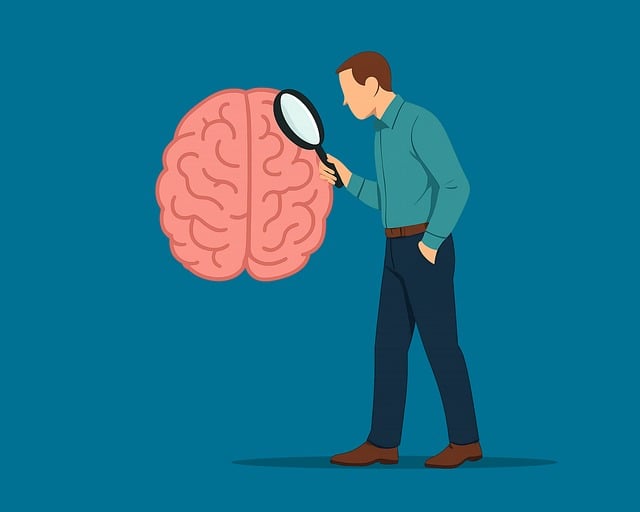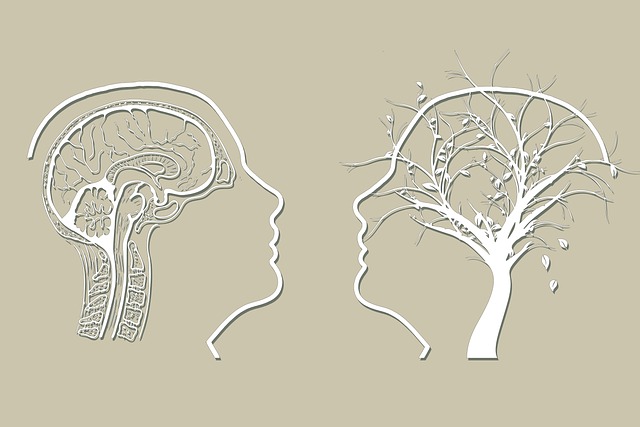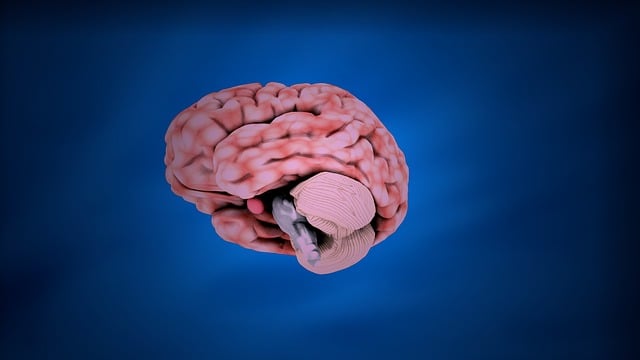Cognitive Processing Therapy (CPT) emerges as a powerful approach for addressing PTSD and anxiety among young adults, targeting traumatic experiences and negative thought patterns. Evaluated through standardized assessments, self-report feedback, observational measures, and longitudinal studies, CPT demonstrates significant improvements in emotional regulation, trauma distress, social functioning, self-care practices, and social skills. Self-report evaluations track mental wellness progress over time, while observational methods provide insights into behavioral changes, enabling personalized therapy adjustments. Longitudinal studies assess the sustained benefits of CPT beyond initial treatment, guiding professionals to optimize long-term mental health outcomes for young adults.
Mental wellness programs require robust evaluation methods to measure their effectiveness, especially in treating young adults. This article explores four key approaches used to assess cognitive processing therapy (CPT), a specialized treatment for this demographic. We delve into assessing CPT’s impact through participant self-report evaluations, observational measures capturing behavioral changes, and longitudinal studies tracking improvements over time. Each method offers unique insights, contributing to the overall evaluation of CPT’s success in enhancing young adults’ mental wellness.
- Assessing the Impact of Cognitive Processing Therapy for Young Adults
- Participant Self-Report Evaluations: A Powerful Tool
- Observational Measures: Capturing Behavior Changes
- Longitudinal Studies: Tracking Improvement Over Time
Assessing the Impact of Cognitive Processing Therapy for Young Adults

The effectiveness of Cognitive Processing Therapy (CPT) for Young Adults has been a subject of growing interest in mental wellness programs. CPT is designed to help individuals process traumatic experiences and modify negative thought patterns, focusing on the mind-body connection. Studies have shown that this therapy can significantly improve symptoms associated with post-traumatic stress disorder (PTSD) and anxiety disorders, which are prevalent among young adults. By employing techniques such as cognitive restructuring and exposure therapy, CPT empowers young adults to develop healthier coping mechanisms and enhance their overall mental resilience.
Evaluation methods play a crucial role in understanding the impact of CPT. Researchers often utilize standardized assessment tools to measure changes in symptoms before and after therapy. These tools capture improvements in areas like emotional regulation, trauma-related distress, and social functioning. Additionally, qualitative feedback from participants provides valuable insights into their personal growth journeys, including enhanced self-care practices and improved social skills training facilitated by CPT’s underlying mind over matter principles.
Participant Self-Report Evaluations: A Powerful Tool

Participant Self-Report Evaluations are a valuable method for assessing mental wellness programs, particularly when tailored to young adults seeking therapy. This approach empowers individuals to reflect on their experiences and progress through self-assessment questionnaires. By using tools like Cognitive Processing Therapy (CPT)-specific evaluations, program effects can be measured in terms of how participants process traumatic memories and cope with adverse experiences, which is crucial for understanding the impact on mood management.
Self-report measures allow young adults to track their own improvements in self-care practices and positive thinking over time. This provides valuable data that complements therapist observations and clinical notes, offering a holistic view of therapy effectiveness. By encouraging participants to articulate their thoughts and feelings, these evaluations can reveal insights into cognitive shifts and emotional well-being, which are essential aspects of mental wellness.
Observational Measures: Capturing Behavior Changes

Observational measures play a crucial role in evaluating mental wellness programs, especially when focusing on behavioral changes among young adults undergoing therapy. This non-invasive approach involves direct observation and documentation of participants’ actions and reactions over time. For instance, practitioners can assess improvements in social interactions, emotional regulation, and overall engagement in therapeutic activities. By capturing these subtle shifts, researchers gain valuable insights into the effectiveness of interventions like Cognitive Processing Therapy (CPT).
When implementing CPT or other evidence-based practices such as Compassion Cultivation and Resilience Building, observational measures help track progress and identify areas that require adjustments. For young adults navigating complex emotional landscapes, these methods provide a window into their cognitive processes and behavioral responses, ultimately contributing to more personalized and impactful therapy sessions.
Longitudinal Studies: Tracking Improvement Over Time

Longitudinal studies play a pivotal role in evaluating mental wellness programs, particularly when assessing their long-term effectiveness. By tracking participants’ progress over an extended period, researchers can gain valuable insights into whether the benefits of interventions, such as Cognitive Processing Therapy, persist beyond the initial treatment phase. This method allows for a comprehensive understanding of how therapy affects individuals as they navigate their daily lives and face new challenges.
For young adults, longitudinal studies can reveal if the skills learned through therapy, including empathy building strategies and social skills training, translate into improved mental health outcomes over time. For instance, research might show that participants who underwent Cognitive Processing Therapy demonstrated enhanced self-care routine development, leading to better coping mechanisms and overall well-being in their daily lives. Such studies contribute to the body of knowledge on what works best in mental wellness interventions, guiding professionals to tailor programs for optimal long-term success.
Evaluating mental wellness programs, such as Cognitive Processing Therapy for Young Adults, is essential to understanding their effectiveness. Through a combination of participant self-report evaluations, observational measures tracking behavior changes, and longitudinal studies monitoring improvement over time, researchers can gain valuable insights into the program’s impact. These methods collectively provide a comprehensive assessment, ensuring that therapies like Cognitive Processing Therapy meet the unique needs of young adults while fostering long-term mental wellness.












